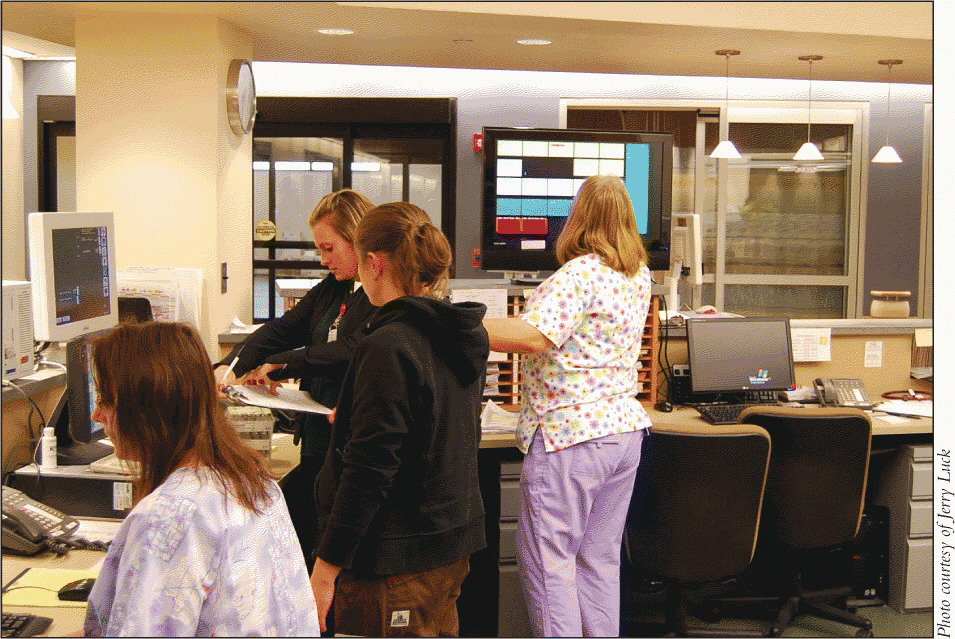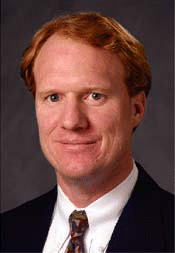The time for otolaryngologists to adopt electronic health records (EHRs) is now, practice management and information technology experts said at a session at the 2010 Annual Meeting of the American Academy of Otolaryngology-Head and Neck Surgery, held here Sept. 26-29.
A Better Way to Implement EMRs: Why one-size-fits-all won’t work
I have been a strong advocate of electronic medical records (EMRs) for almost a decade. In fact, I used the phrases “It is the silver bullet for health care reform infrastructure” and “It is the cornerstone for health care reform infrastructure” to describe EMR plans when President Obama was campaigning. However, technology, like fire, can warm your house or burn it down, cook your food or kill you. Likewise, the wrong EMR will escalate inefficiency and raise health care costs. The wrong mandates or the wrong incentives have the potential to paralyze the day-to-day practice of medicine.

Digital Dilemma: Physicians oppose EHR requirements
The federal government’s proposed rule establishing incentive payments for physicians who “meaningfully use” electronic health records (EHRs) is too onerous and would discourage physicians from participating, some otolaryngologists say.

Digital Efficiency: Panel discusses the inevitability of EMRs
Electronic medical records (EMRs) are costly and require significant staff time to implement but have the potential to bring huge benefits to patients and doctors alike, said speakers at the Triological Society’s Combined Sections Meeting held here Feb. 4-7.
Quality Over Quantity: Accountable care organizations link physician payments to hospital outcomes
Beyond the handful of long-established and well-integrated sites being labeled as de facto accountable care organizations (ACOs), advocates are seizing the moment and pushing for a bold vision of what role ACOs will play in the movement to reform the health care payment system across the country.

Universal Electronic Health Records: Progress or Boondoggle?
Implementing electronic health records (EHRs) for all 633,000 physicians and 5708 hospitals in the United States is a daunting task, and one that is being nudged forward by Team Obama’s $19 billion stimulus plan earmarked to help health care providers to switch to EHRs.

EMR and Advertising: Strange Bedfellows?
Electronic medical records (EMR) are to health care professionals what world peace is to humanity-everyone wants it, but not everyone agrees how to go about it.

The ‘Medical Home’: A New Deal for Doctors or Gatekeeper Redux?
If primary care physicians are to be believed, home is where the patient is-the Patient-Centered Medical Home (PC-MH), that is.
Pay for Performance: What’s Next?
Payers are convinced that compensating physicians and hospitals for meeting quality targets, also known as “pay for performance” (P4P), is an important step in bridging the quality chasm identified by the Institute of Medicine in 1999.